Toto, Japan's leading sanitary ware maker, is expanding its business by moving into the production of components for semiconductor manufacturing equipment, taking advantage of the wider use of ceramics in advanced chip manufacturing.
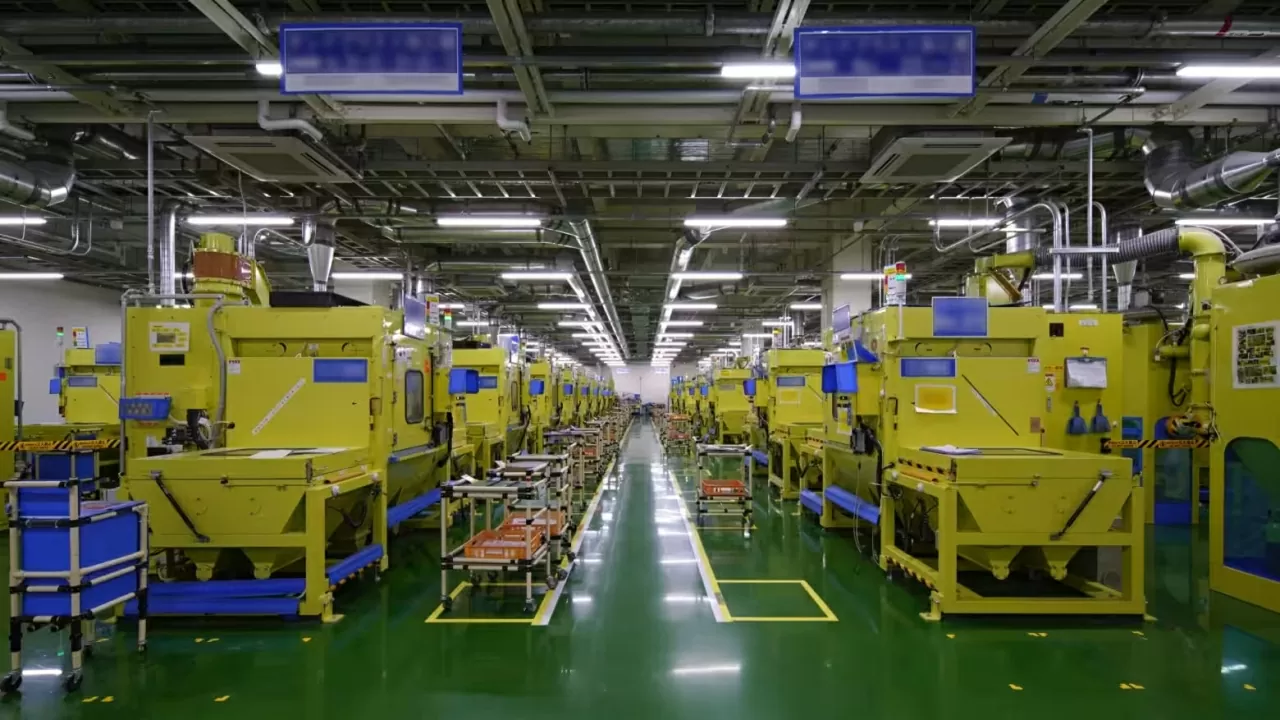 |
| Toto has set up an automated semiconductor fabrication equipment production line at its ceramics factory in Oita Prefecture, Japan. (Source: Toto) |
Don't stay out of the "game"
Toto’s involvement in semiconductor manufacturing dates back to the 1980s, when it developed high-end ceramics for the industry. After years of unprofitability, the business began to take off in the 2020s, with profits soaring in fiscal 2022 as the semiconductor market boomed.
In fiscal 2024, Toto expects operating profit in this area to reach 20 billion yen (equivalent to $ 130 million), with an operating profit margin of nearly 40% - much higher than the company's overall forecast of 7%. The company aims to reach 25 billion yen (more than $ 160.8 million) in fiscal 2026, as well as expanding its investment portfolio to help stabilize the business.
Toto’s main products for chipmaking equipment are electrostatic chucks, or e-chucks, which hold silicon wafers in place during etching while maintaining an even temperature distribution across the wafer. Plasma is engineered inside the device, creating conditions that Toto describes as similar to lightning strikes.
Creating advanced memory can require stacking more than 100 layers of memory cells on a single chip, said Makoto Sekine, a professor at the Center for Low-Temperature Plasma Science at Nagoya University. “As the process environment becomes harsher, e-chucks need to be more durable,” he said.
Toto is currently focusing on downstream processes such as cutting and packaging semiconductor wafers. In the future, ceramics will be used more in downstream processing equipment, according to Junji Kameshima, director of Toto's ceramic business planning division.
Diversify to adapt
As the semiconductor industry grows, competition for individual structural components in chip manufacturing is intensifying. In the market for electrostatic clamps, Toto competes with fellow countryman Shinko Electric Industries, which has deep ties to chipmaking equipment makers, and Applied Materials of the United States.
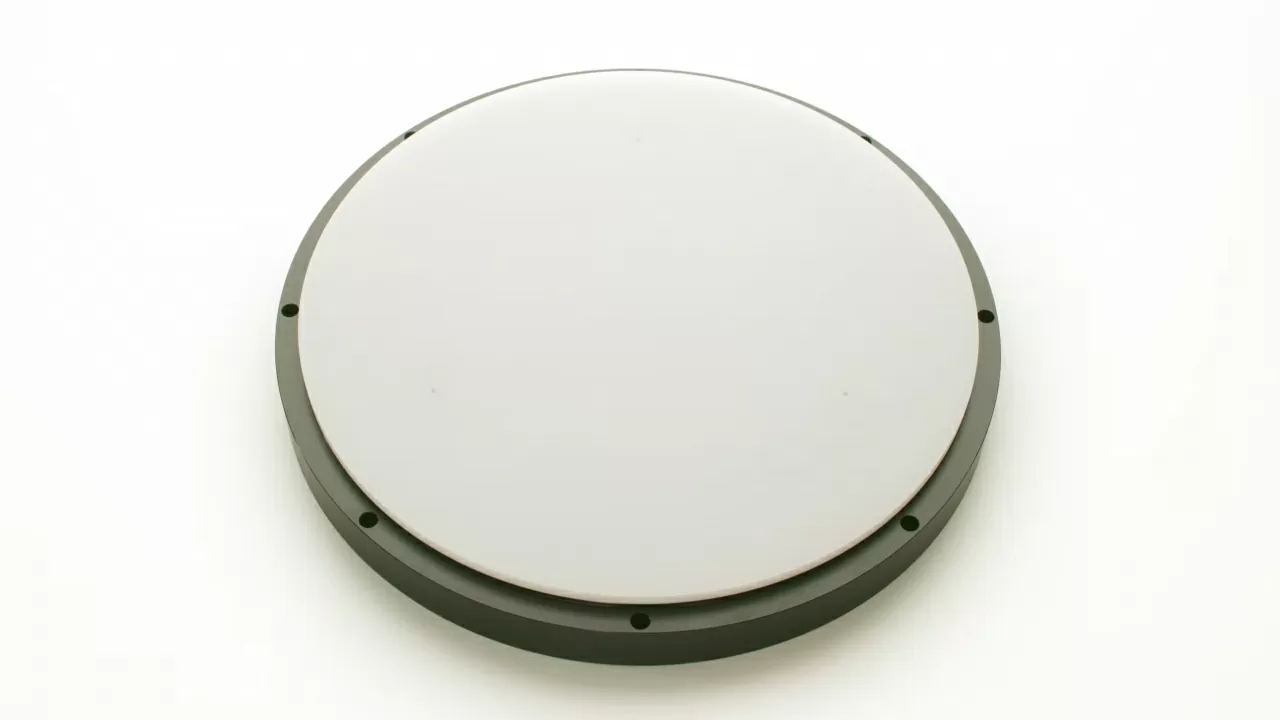 |
| Toto's e-chuck model. (Source: Toto) |
To compete more effectively, in 2020, Toto spent about 11.8 billion yen (more than 76 million USD) to build a production center at its factory in Oita Prefecture (Japan). In 4 years (from April 2020 to April 2024), the company also expanded its ceramic production staff by about 20%, and continues to plan to add more human resources.
Faced with the hard but brittle and easily broken properties of high-grade ceramics, Toto also researched and developed homogeneous materials that are crack-resistant.
When Toto first entered the semiconductor industry, it faced major hurdles. The Japanese sanitary ware giant faced poor sales when it started out supplying structural components. While it had better luck with e-chucks, poor productivity meant it couldn’t keep up with market demand.
Having identified the problem through experience in the sanitary ware business, the company also expanded into casting and firing techniques, using the expertise gained from toilet production.
In turn, Toto also applies the technology it has developed in the semiconductor field to its home appliance business, bringing profits to the entire company, said Junji Kameshima, director of Toto's ceramics business planning division.
In recent years, the company has been steadily shifting its business in line with market trends, such as pouring profits from its home appliance business in China into growth investments in ceramics. Amid a shrinking Japanese housing market and a cooling Chinese economy, the rapid development of AI has increased demand for data centers and electronics, which is one of the driving forces behind Toto's increased investment in the chip manufacturing industry.
Source



























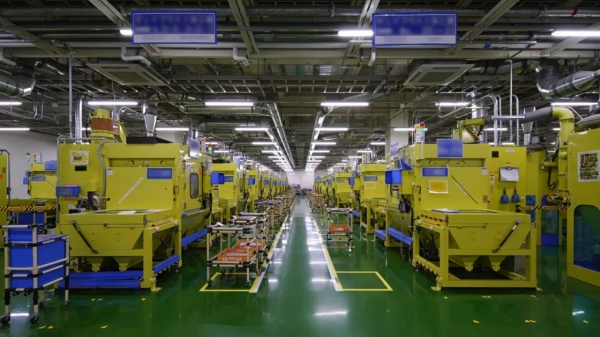


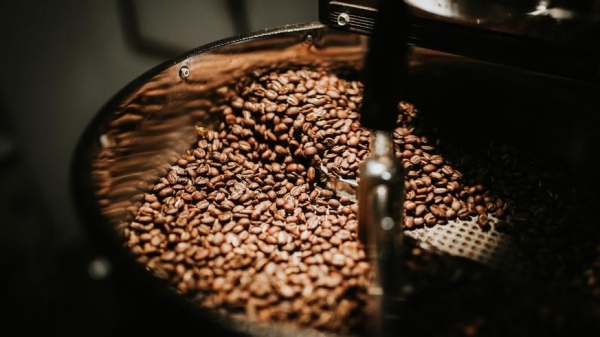


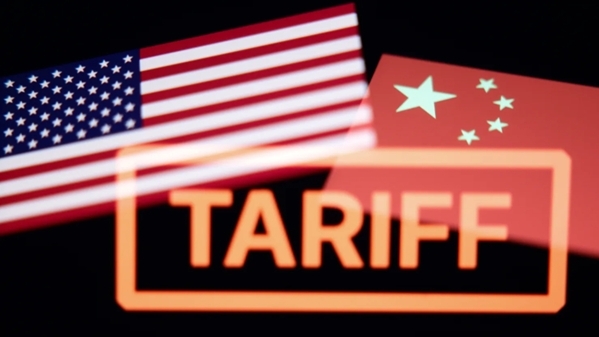





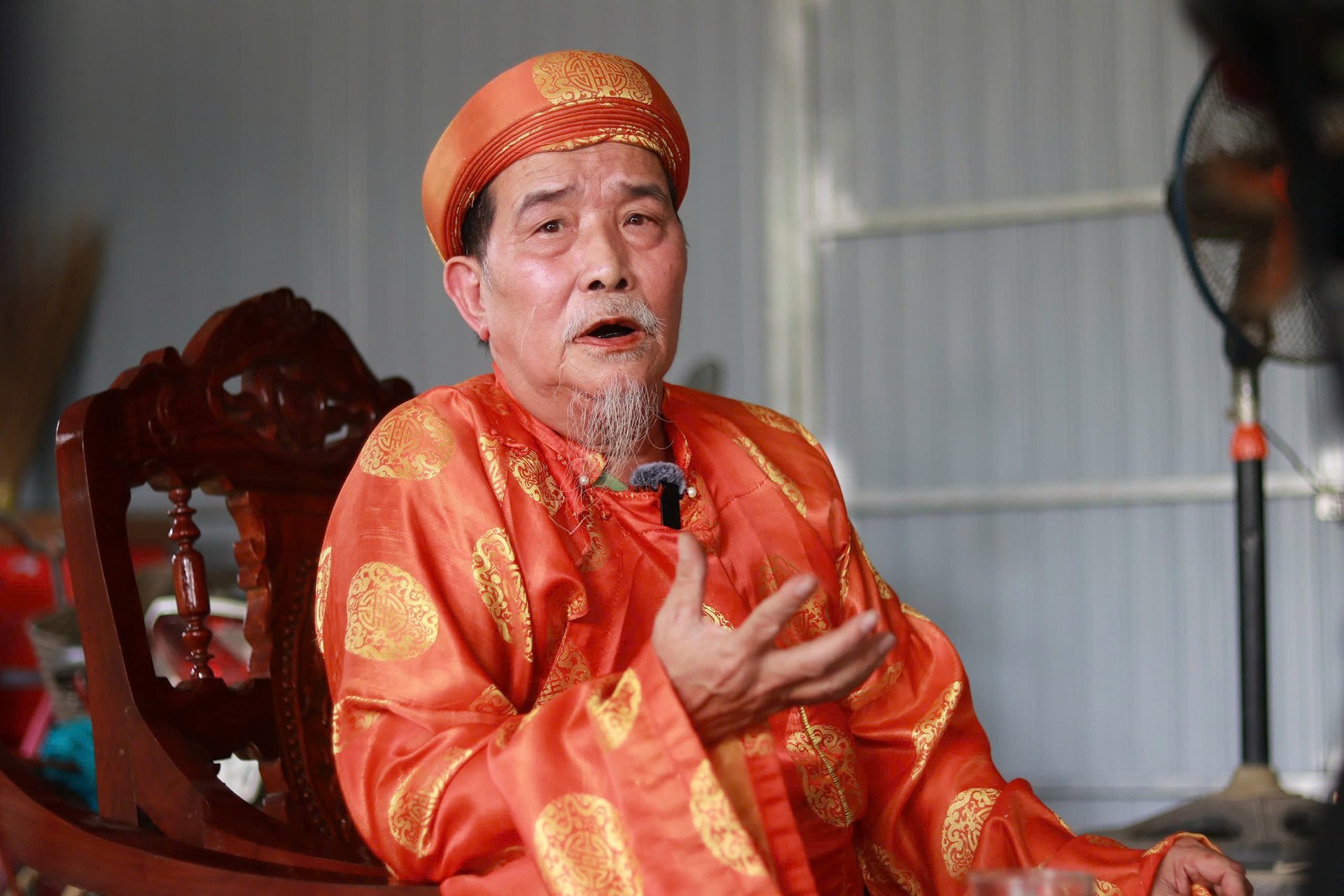

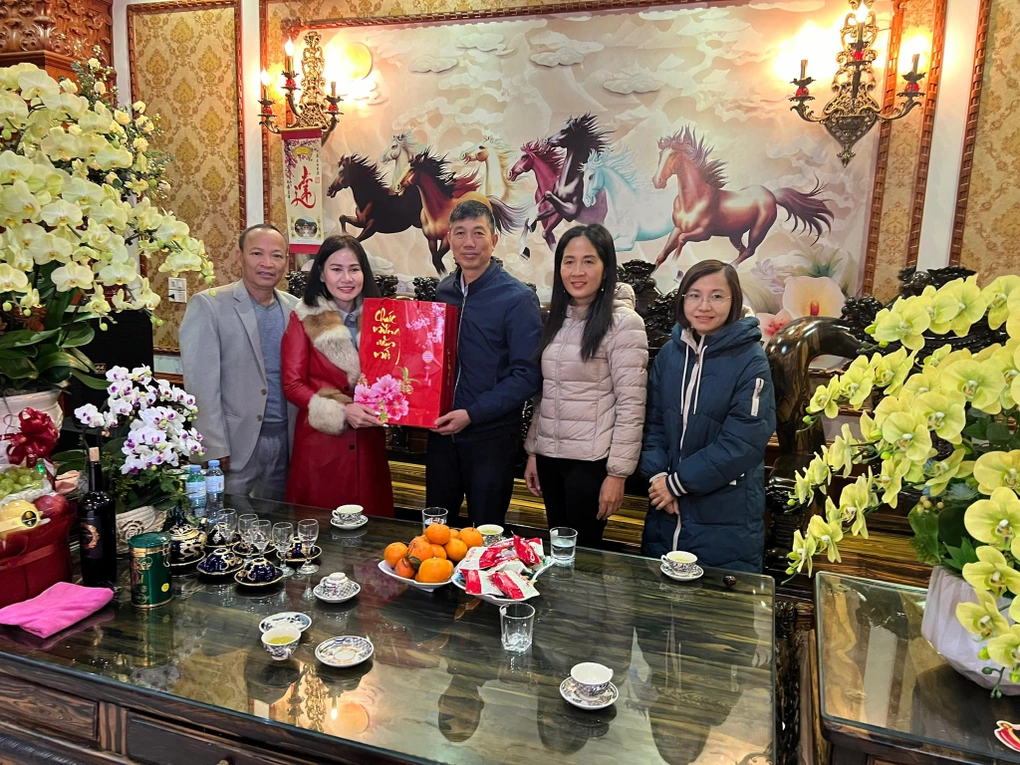







Comment (0)